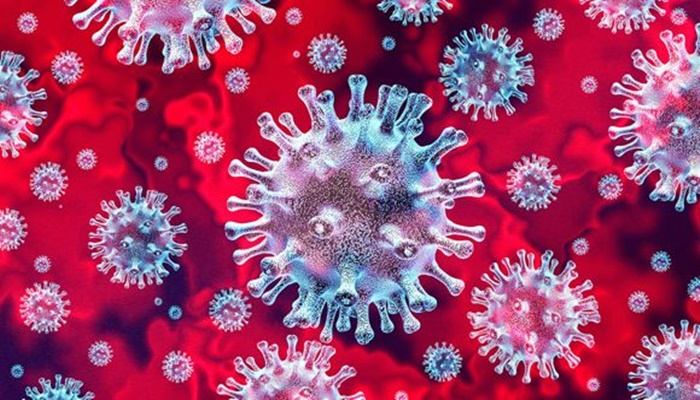COVID-19: Scientist advocates afro-centric approach
Dr. Jonathan Obaje, a Singapore-based Nigerian biomedical research scientist and inventor, has advocated an Afro-centric approach to fight against coronavirus (COVID-19) on the continent and ameliorate people’s sufferings during lockdown.
Obaje who is the Vice President Nigerians in the Diaspora Organisation (NIDO), Singapore chapter, gave the advice in a phone interview with News Agency of Nigeria (NAN).
He said, although the lockdown which required people to stay indoors contributed to economic challenges, African leaders should embrace an approach that caters for the citizenry, while fighting the outbreak of coronavirus.
“The strong family bond and cultural practices that we uphold in Africa can expose more people to infection and risks of COVID-19, if not well managed.
“However, the late arrival of COVID-19 on African continent provides us very good opportunity to design an approach that is suitable for our people to manage the preventive measures carefully.
“From what is happening across the world, we know this disease is highly contagious and transmittable from person-to-person; people can still transmit the virus before the symptom starts showing,” he said.
According to him, people that are already infected can go through some treatment and will respond to treatment, but people with severe medical condition are at more risks of this disease.
“Although the effective way to stop this disease spread is isolation, social-distancing and personal hygiene, total lockdown presents great economic challenge to our people, therefore the need for Afro-centric approach,” he said.
“The Afro-centric approach is designed to ameliorate suffering of people under lockdown and focus resources on white epicentre where you have hospital and mortuary as well as confirmed cases and treatment centres located.”
The Afro-centric approach initiated by Dr Obaje is based on four-colour coded zones steps designed to enable authorities focus resources on the isolated epicenters.
He said that Afro-centric the approach consist white zone, red zone, yellow zone and green zone.
He explained the white zone to mean the epicentre and a proper area where people with confirmed cases of coronavirus are located and locked down from economic and social activities.
“We can put all the persons with confirmed cases in the white epicentre, which are hospitals, treatment areas and mortuaries.
“When people have recovered, they are moved to the red lockdown zone, which is for close family members and the contacts of persons with the confirmed cases and, they are kept under quarantine for 14 days, where test laboratories are located.
“When people recover from the second 14 days quarantine, they are moved to the yellow zone; the medical practitioners who worked during quarantine are also kept in yellow zone.
“The green zone is where normal life is going on and people just take good care of themselves and personal hygiene.
“The resources needed will be for red zone and epicentre are PPE, free medical treatment for those locked down, free distribution of food for persons there, constant electricity, water and no person-to-person contact.
“People in yellow and green zones only need to go out on compulsory face masks when going to public places, observe personal hygiene and community vigilance.”
He said that the fights against coronavirus could be won not just by total lockdown of communities, but through proper investment of resources in areas where they were outbreak epicenters.
He stressed that exercise was important for as it would help people cope in the course of staying indoors as authorities battle the disease.
According to him, people need to keep their body active, because when you sit down in a place for so long, sleeping too much and waking-up can lead to health complication.
The biomedical research scientist said: “exercise more than ever is now most important in keeping healthy physically and mentally.
“There are simple indoor exercises we can practice at home; another health habit for this period is diet control.” (NAN)




